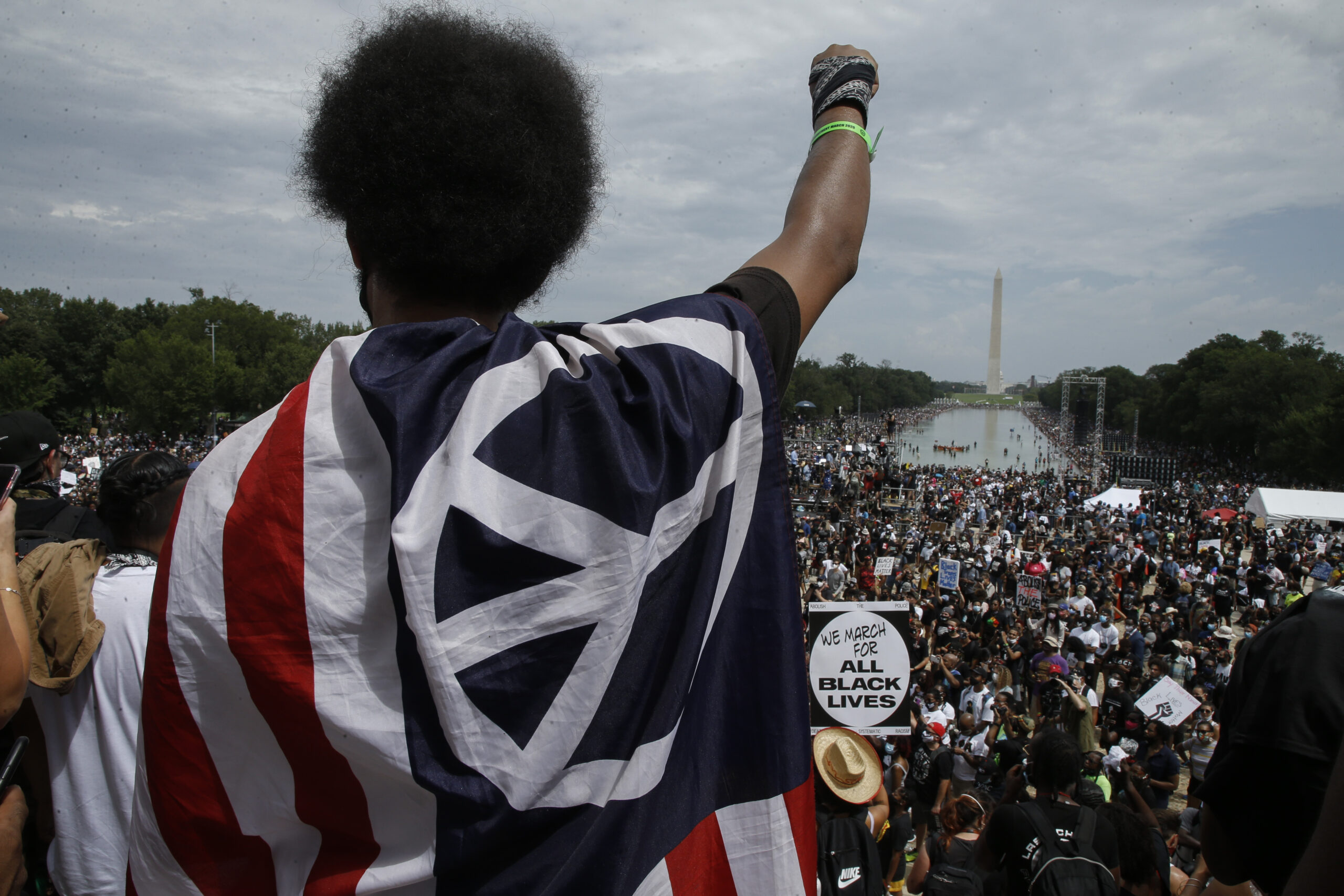Editors’ Note: This forum is featured in our spring 2023 issue. Order a copy here.
I entirely agree with Christine Sypnowich that equal opportunity is not enough. Focusing on opportunity prioritizes choice over equality. It washes its hands of how people end up so long as their situation can be half-plausibly attributed to the exercise of choice in conditions of roughly equal opportunity. The attribution is never fully plausible, given the difficulties regarding what counts as free choice, and the equality is always rough. The resulting acquiescence in what can be a startling inequality of outcome betrays the solidarity and comradeship that ought to characterize an egalitarian community.
This is strong language in a world more accustomed to thinking of equal opportunity as the acceptable face of equality, immeasurably superior to its demon other: equality of outcome. To be fair, the concept of equality of opportunity does do some useful work, providing arguments for greater educational equality, against discriminatory employment practices, and—though rarely followed through—in favor of high levels of inheritance taxation so as to limit the cascading of privilege across generations. But this familiar account of equality of opportunity, laying stress more on the latter word than the former, already reveals the only mildly ameliorative objectives usually attached to the phrase. This is nothing like equality of opportunity: that would involve something far more robust than greater educational equality or higher levels of inheritance tax. And even if we were to move more firmly in that direction, equality of opportunity largely directs attention to our starting points, taking it for granted that we are competing for a limited number of favorable and better-rewarded positions, and accepting that only some of us can succeed. The function of equality of opportunity is in many ways ideological, diverting us from wider ambitions and encouraging us to believe—against all credibility—that the inequalities that characterize the contemporary world, both domestic and global, reflect what each of us has made of our opportunities.
Where I differ from Sypnowich is on the point she undoubtedly sees as most important to her argument. The real target of her critique is those who complacently accept the choices people make as authentic exercises of their freedom, who are blind to the ways choices are shaped by institutions and markets, and who regard any attempt to shape them in a different or more positive direction as illegitimate interference. Thus she “refuses to take people’s choices—whether explicit or revealed—at face value” and argues for active promotion of the kind of choices or pursuits that would better enable human flourishing—and would lead, therefore, to greater equality of outcome.
Some of this is unexceptional. I am not particularly at odds with Sypnowich’s skepticism about taking choices at face value. She is not suggesting that there is only one kind of flourishing, nor is she proposing coercive or punitive mechanisms to get people to make what are deemed better choices. And anyone who has lamented the narrowing of horizons in contemporary schooling would cheer her on when she argues that an egalitarian community would introduce young people to pursuits they are not initially inclined to take up—exposing every child to music, for example, or to activities they do not yet like in order to discover whether they do.
But despite its critique of liberal egalitarianism’s excessive focus on choice, Sypnowich’s argument itself remains very much within the choice framework, accepting that how we fare is indeed an effect of the choices we make. It challenges only the tendency to treat those choices as self-standing and insulate them from either community or government interference.
The resulting focus on what would make us “better choosers” obscures the structural character of inequality. It also significantly understates the vastness of current inequalities in income, wealth, health, and well-being. We do, of course, make good and bad choices in our lives, and the mess we sometimes end up in can often be traced back to previous bad decisions. But for the majority of us, what we do or do not choose has only a marginal effect on how fully we flourish; most of that is already set in train by where we started from and what grudging opportunities our society currently has to offer. When we understate the structural nature of this inequality, we understate the scale of the egalitarian challenge.
We also inadvertently collude in the alibis that governments have found all too convenient when pressuring people into activities that are far from beneficial to a flourishing life. The United States and the United Kingdom currently have the most punitive welfare-to-work regimes in the world, making access to welfare benefits, including for those caring for very young children, conditional on seeking out whatever work is currently available—regardless of how irregular the hours, how poorly it is paid, or how little it uses existing skills. This is justified again and again in the language of incentivizing people to make the “better” choice of work over idleness, independence over dependence, with no acknowledgment that those pressured into the lowest reaches of the labor market are likely to remain trapped there for the rest of their working lives. This is not in any way what Sypnowich has in mind: she has no time for the punitive incentivizing that threatens to remove welfare benefits from people who fail to make the “right” choice. But in focusing so heavily on what encourages bad choices and what would enable better ones, she remains too much within a framework that explains bad outcomes by reference to bad choice.
In endorsing the idea that societies should “inculcate support for valuable pursuits,” Sypnowich also leaves hanging some troubling questions about who determines what counts as valuable. Like her, I am no great defender of neutrality, but we live in a world marked by vast differences in status as well as by material inequality, with pervasive disparagement of those regarded as lesser on account of their social class, race, or gender, and much easy dismissal of the views of those considered less educated or articulate. Against this background, the language of “better choice” or “more valuable pursuits” carries hostages to fortune, and these are hardly dispelled by a brief reference to facilitating legitimate democratic debate about what counts as flourishing.
In most cases, indeed, those who are not flourishing have a very clear idea of what would make their lives go better, and this typically involves insisting on their equal status as full members of society—think, for example, of Black Lives Matter—and claiming a greater share of society’s material resources to make that equality meaningful. The chances of shifting outcomes in the more egalitarian direction favored by Sypnowich will depend far more on the resistance of those currently stuck with poorer outcomes, and their ability to challenge the powerful forces ranged against them, than on the nudging of presumptively well-intentioned governments.
We’re interested in what you think. Submit a letter to the editors at letters@bostonreview.net. Boston Review is nonprofit, paywall-free, and reader-funded. To support work like this, please donate here.








